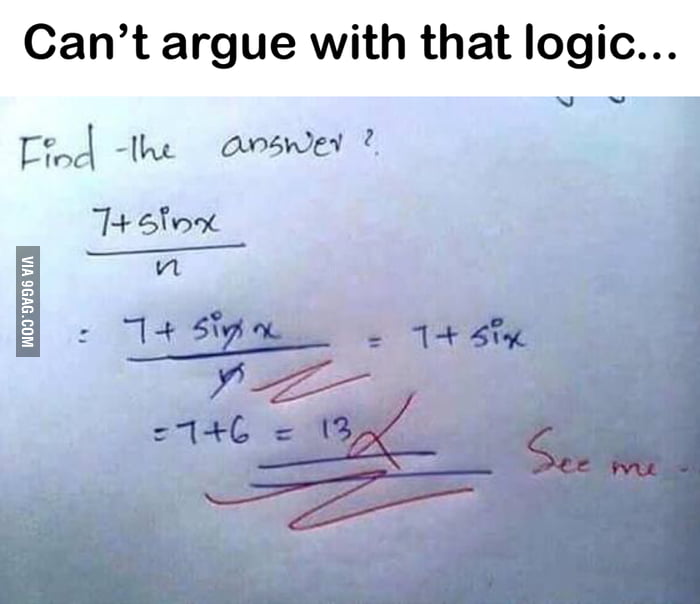I have a strong interest on Game Theory, so I have read Robert Axelrod's books, which I find amazing.
http://en.wikipedia.org/wiki/Robert_Axelrod
http://www-personal.umich.edu/~axe/
Read: Robert Axelrod and D. Scott Bennett, "A Landscape Theory of Aggregation," 1993.
The book "Complexity of Cooperation" includes a chapter related to coalition formation ("choosing sides"). When it comes to evaluating the "quality" of a (professional) match between people, the Socionics relationship between them is probably a valuable source of information, a way of evaluating the long-term potential of the aforementioned relationship. For instance, I will quantify the quality of the Socionics relationships:
Duality: 1.00
Identical: 0.90
Activity: 0.85
Mirror: 0.80
Supervisor: 0.50
Supervisee 0.20 (non symmetrical relationship, different values in the matrix)
Look alike: 0.70
Illusionary: 0.65
Benefactor: 0.70
Beneficiary: 0.50
Semi dual: 0.60
Comparative: 0.40
Quasi identical: 0.30
Contrary: 0.20
Super ego: 0.10
Conflictor: 0.00





 --> perhaps Normalizing
--> perhaps Normalizing 

 Reply With Quote
Reply With Quote


 (as per tcaudilllg)
(as per tcaudilllg)
